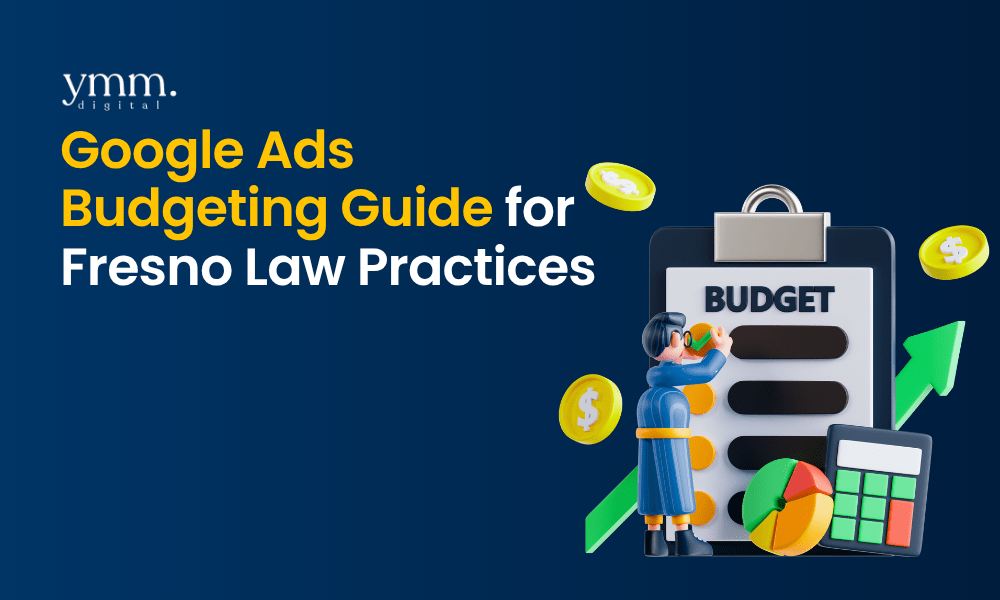Legal advertising has always been a tightly regulated space, and in 2024, New York State introduced significant changes to its attorney advertising rules. These updates aim to reflect the growing importance of digital platforms, including social media, search engines, and online reviews, while ensuring that law firms uphold ethical standards and avoid misleading potential clients.
Whether your firm relies on traditional advertising or modern digital marketing tactics, it’s critical to stay compliant with these updated rules to avoid penalties and protect your reputation. This blog will walk you through the most important changes and what they mean for your law firm.
Table Contents
- 1. Expanded Definition of “Advertising”
- 2. New Rules for Testimonials and Online Reviews
- 3. Clarification on Misleading or Deceptive Statements
- 4. Updated Rules for Targeted Digital Advertising
- 5. Video and Social Media Disclaimers
- 6. Focus on Accessibility in Advertising
- 7. Stricter Rules on Attorney Specialization Claims
- 8. Monitoring of Third-Party Marketing Vendors
- Staying Compliant in 2024 and Beyond
1. Expanded Definition of “Advertising”
What Changed:
The definition of “advertising” has been broadened to include a wider range of online and digital content. In 2024, New York now considers any public communication aimed at attracting clients—whether it’s a social media post, website blog, email newsletter, or paid ad—as part of legal advertising.
What It Means for Your Firm:
- Social Media Compliance: Posts on platforms like LinkedIn, Facebook, and Instagram must adhere to advertising rules, including disclaimers and avoiding misleading statements.
- SEO Content: Blogs and other website content written to attract potential clients must meet the same ethical standards as traditional advertisements.
- Email Campaigns: Newsletters or promotional emails now fall under advertising regulations and may require disclaimers if they promote your legal services.
2. New Rules for Testimonials and Online Reviews
What Changed:
New York has updated its rules regarding client testimonials and reviews to ensure transparency and fairness. In 2024, law firms are required to:
- Clearly indicate whether a testimonial is from a current or former client.
- Avoid exaggerating the results achieved for one client as being typical for all clients.
- Disclose if any incentives, discounts, or compensation were given in exchange for the testimonial.
What It Means for Your Firm:
- Online Reviews: Actively monitor platforms like Google and Yelp to ensure reviews comply with ethical standards.
- Social Proof Compliance: Testimonials posted on your website or social media must include any relevant disclaimers.
- Transparency in Advertising: Clearly communicate that results vary depending on the specifics of each case.
3. Clarification on Misleading or Deceptive Statements
What Changed:
New York has tightened its rules on misleading or deceptive advertising, especially for digital marketing formats. In 2024, law firms are explicitly prohibited from:
- Promising specific outcomes or guarantees of success.
- Using ambiguous terms like “the best lawyer” or “top-rated” without substantiating claims.
- Displaying exaggerated settlement amounts without proper context (e.g., omitting that results depend on individual case details).
What It Means for Your Firm:
- No Outcome Guarantees: Avoid language that suggests a guaranteed win, even in PPC ads or landing pages.
- Use Verified Data: If you highlight awards or rankings, include the source and criteria for those recognitions.
- Contextualize Results: When sharing case results, add disclaimers that outcomes may vary depending on the specifics of each client’s case.
4. Updated Rules for Targeted Digital Advertising
What Changed:
The rise of targeted advertising on platforms like Google and Facebook has prompted new regulations. In 2024, New York law firms must ensure that their targeted digital ads do not:
- Use sensitive data to discriminate against specific demographics.
- Violate privacy by targeting users based on confidential legal needs (e.g., targeting “DUI defendants in [City]”).
What It Means for Your Firm:
- Ad Targeting Compliance: Work with your digital marketing agency to ensure your campaigns adhere to ethical ad targeting practices.
- Avoid Sensitive Categories: Steer clear of ads that could appear predatory or exploitative, such as targeting users based on medical or criminal histories.
- Respect Privacy Laws: Ensure your data usage aligns with privacy regulations and does not overstep boundaries.
5. Video and Social Media Disclaimers
What Changed:
In 2024, any videos or multimedia advertising used by law firms—including YouTube content, TikTok videos, or Instagram Reels—must include clear disclaimers. These disclaimers must state:
- That the content is for informational purposes only.
- That watching a video does not create an attorney-client relationship.
- That results in legal cases vary and depend on specific circumstances.
What It Means for Your Firm:
- Video Content Compliance: Ensure all legal marketing videos include appropriate disclaimers, either visually or verbally.
- Real-Time Content: Live streams or Q&A sessions must include disclaimers that address their general and non-binding nature.
- Consistency Across Platforms: Whether the video is posted on your website or social media, disclaimers must remain consistent and easy to understand.
6. Focus on Accessibility in Advertising
What Changed:
As part of its 2024 updates, New York has emphasized accessibility in advertising, requiring law firms to ensure their digital content is easily accessible to individuals with disabilities.
What It Means for Your Firm:
- Website Accessibility: Use tools like the Web Content Accessibility Guidelines (WCAG) to make your website compliant, including alt text for images and keyboard navigation options.
- Closed Captioning: Add captions to all video advertisements to accommodate hearing-impaired viewers.
- Readable Formats: Ensure written content, like blogs or PDFs, is legible with screen readers and other assistive technologies.
7. Stricter Rules on Attorney Specialization Claims
What Changed:
Claiming to be a “specialist” in a legal field now requires proper certification or evidence of expertise. In 2024, New York rules state that law firms must:
- Avoid using the term “specialist” unless the attorney has formal certification or recognition.
- Clarify if a practice area is a focus rather than a specialty.
What It Means for Your Firm:
- Verify Credentials: If you claim specialization, ensure you meet New York’s certification standards.
- Careful Wording: Use phrases like “focused on family law” instead of “family law specialist” if you lack certification.
- Highlight Experience: Emphasize years of experience or notable cases without violating the specialization rule.
8. Monitoring of Third-Party Marketing Vendors
What Changed:
Law firms are now explicitly responsible for the compliance of third-party vendors, such as marketing agencies or advertising platforms.
What It Means for Your Firm:
- Vendor Oversight: Regularly review the work of external marketing partners to ensure it aligns with New York’s advertising rules.
- Contracts with Agencies: Include clauses that hold vendors accountable for compliance breaches.
- Internal Audits: Conduct periodic audits of all marketing content and campaigns to ensure adherence to state rules.
Staying Compliant in 2024 and Beyond
New York’s updated 2024 law firm advertising rules reflect the evolving landscape of digital marketing while reinforcing the importance of ethical and transparent communication. From social media disclaimers to stricter rules on testimonials and targeting, these changes require law firms to adopt a more strategic and compliant approach to marketing.
By understanding and implementing these updates, your firm can stay ahead of regulatory challenges while building trust and credibility with potential clients.
Is your law firm prepared to navigate the new rules? Take a proactive approach to compliance, and turn these updates into an opportunity to elevate your marketing strategy.








